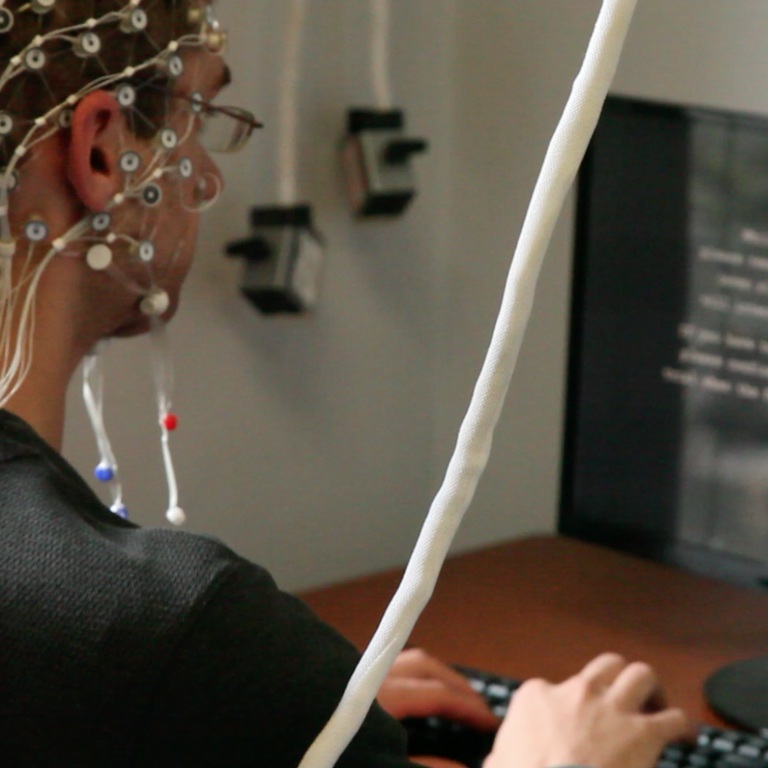Psychology Today
In warp speed and with no transition, we have gone from cocooning in our houses, hiding from the enemy of the coronavirus that lives in invisible aerosol droplets, to marching and screaming, spewing our droplets in the streets for justice. COVID-19. Economic instability. Glaringly obvious social injustice. Race and economic inequality. Protests and looting. These are the times that try our lives.
Americans are traumatized and in sore need of a path forward. Our heads and hearts are overwhelmed, our cities have been burning. We have four options: fight, flight (into ourselves since there is nowhere to go during a pandemic), freeze, or grow. Posttraumatic growth is positive adaptation after trauma; it is the constructive changes people make as a result of their cognitive and emotional efforts to deal with challenging circumstances. It is posttraumatic creativity that functions as an antidote to trauma, yielding a greater sense of personal strength, deeper relationships with others, and a greater appreciation of life.
Studies on the SARS epidemic have shown that posttraumatic growth can occur after infectious diseases. Could the gift of COVID-19 be that we are traumatized enough that we are finally willing to make long-lasting systemic and personal changes in race relations, inequality, and other ways we deal with one another and ourselves? Changes that elevate us rather than bring us down?
It was naïve of us to think we would not ever face difficult circumstances and trying times, adversities that needed to be overcome. All those who have lived before us have lived through such times. One of the noteworthy observations I made doing my clinical wisdom research (https://wisdomcenter.uchicago.edu/news/discussions/clinical-wisdom-profe...) was that everyone I interviewed had lived through trying times and had significant trauma in their backgrounds. Adversity was the fuel for their growth, and it seeded continual development throughout their lives. This fits with the academic literature which understands wisdom can develop when four factors are present:
1. A strong interest and high degree of motivation
2. personal transformation
3. Good role models
4. Life experiences (The time between late adolescence and early adulthood appears to be when the window for wisdom-related knowledge to begin.)
COVID-19 is transformative. The time of personal transformation is here. What life experience will do, as the saying goes, is either take you down or make you stronger. Good role models can be found in those who came before us, those who chose wisdom and grew from their struggles.
So: What is the personality style of the wise person?
Wise people do not hyper-focus on the negative and all that is wrong, stoking their fury and only living in the silos of their own belief systems. Rather wise people integrate negative experiences into an overall positive whole while tolerating diversity and difference.
Wise people are pragmatic and work constructively for positive change.
Wise people are perspicacious, they have insight and offer solutions in the side of right and truth.
Wise people are measured, they are not either/or but rather more or less. Measure replaces absoluteness.
Wise people are open and receptive, not commanding, or arrogant.
Wise people are kind, have humility, and compassion.
Wise people are experts in uncertainty. (And these are truly uncertain times.)
As Gerald Stechler, Ph.D., an interviewee in the wisdom research (now deceased) said,
If over the course of human evolution, cooperation did not in some way out balance competition, we wouldn’t be here. And in the end, we’re here,…Generosity is an infinitely wise thing to do. We need the benevolence of others to survive. So like Blanche, we rely on the kindness of strangers,…we are all Blanches.
Evolution is mutuality.
This is the clarion call to wisdom in the America of 2020. George Floyd’s last words are both a motto and a rallying cry for our times: Let us transform “I can’t breathe” into policies and daily lives that give breath to respect of the human being in each one of us.
References
Baum-Baicker, C. (2018). Defining clinical wisdom part II: Quotes, the qualitative underpinning of the research. Journal for the Advancement of Scientific Psychoanalytic Empirical Research. JASPER International, 2(1), 105-118
Baum-Baicker, C. (2017) Wise elder clinicians. Voices: The Art and Science of Psychotherapy, Winter 2017, 53 (3), 11-16.
Baum-Baicker, C. & Sisti, D. (2012). Clinical wisdom in psychoanalysis and psychodynamic psychotherapy: A philosophical and qualitative analysis. The Journal of Clinical Ethics, Spring 2012, 23 (1), 13-27.
Brugman,G. (2000). Wisdom: Source of narrative coherence and eudamonia. Delft, The Netherlands: Uitgeverij Eberon.
Labouvie-Vief, G. (2009). Dynamic integration theory: Emotion, cognition, and equilibrium in later life. In Bengston, F., Gans, D. , Putney, N. and Silverstein, M., Putney, N. Handbook of theories of aging, Second Edition. Pgs, 277-294.
Lau, J., Yang, X., Tsui, H. Pang, E. and Wing, Y. (2006). Positive mental health-related impacts of the SARS epidemic on the general public in Hong Long and their associations with other negative impacts. Journal of Infection
Sternberg, R. and Jordan, J. (Eds). (2004). A handbook of wisdom: Psychological Perspectives. Cambridge University Press.
Tedeschi, R. G., & Calhoun, L. G. (1996). The Posttraumatic Growth Inventory: Measuring the positive legacy of trauma. Journal of Traumatic Stress, 9, 455-471.
Read the article: Baum-Baicker, C. (2020, June 6). Developing wisdom can be an antidote to today's trauma. Psychology Today. Retrieved from https://www.psychologytoday.com/us/blog/clinical-wisdom-new-world/202006/developing-wisdom-can-be-antidote-todays-trauma



